Translation involves a deep understanding of the source language and the target language because otherwise confusion will occur. For people engaged in business, translation and localization are of critical importance. But for the rest of the world, mistranslations abound that either confuse, confound or cause people to just shake their heads in confusion. But these mistranslations could also be a source of fun since they can bring laughter to people who delight in looking for them and sharing them with the rest of the world.
Here are some attempts of amateur translators to be of help to others who do not speak their language.
1. Sheng Long is NOT a Street Fighter II character
In Street Fighter II, the English translation of the Japanese video game was a good example of mistranslation. The character Ryu’s flying uppercut in Chinese pinyin was “shēng lóng” (rising dragon) that was taken from Ryu’s Shōryūken (Rising Dragon Fist). The original Japanese text was “Shōryūken wo yaburanu kagiri, omae ni kachime wa nai! Its actual translation in English should be, “If you cannot overcome the Rising Dragon Fist, you cannot win!” In the localization attempt however, the “rising dragon” part was translated as sheng long, with the “fist” part ignored. Thus, a fictitious and non-existent character that gamers tried to look for (in vain) was born.
2. Could it be that drinking coffee from Starbucks brings success?
It is very easy to be confused by the English word “exit,” which many English speakers think would translate to “éxito” in Spanish. But this is not the case since the Spanish translation for exit is “salida.” Éxito actually translates to success. So unless Starbucks hands out success when you order a cup of their coffee, then you should exit through the establishment’s door and find success elsewhere.
3. Turn off the shower or control the weather? Take your pick.
Chapparónes is the plural form of chapparón, which is the Spanish word for showers, or torrential downpour. Therefore “vuelta lejos chaparrones” actually means turn away the showers. So unless you have a magic wand that can command the weather, the right term to use here would be “cerrar las duchas.”
4. A translation error worth $10 million
You would not believe that a global bank brand like HSBC would be employing amateur translators for their localization, would you? However, when they launched one of their campaigns, the tagline they used was “Assume Nothing.” It is a phrase that is difficult to translate in other languages. It did prove costly for the bank because one of the translations invited people to “Do Nothing.” How could a bank attract customers when they tell people to do nothing? The simple mistranslation caused HSBC to spend $10 million for rebranding.
5. You can now start downloading (clothes) hangers
It is unsightly to see so many empty clothes hangers in a shop window. So maybe the owner or shop assistant got tired of telling customers to take down the hangers so the sign has been made. Of course, “bajar” means to take or bring down or to lower. Maybe whoever did the sign searched for the shortest command so that people would remove the empty hangers and that “download” was the shortest and easiest explanation he or she can come up with. They are consistent though, with the number of exclamation points.
6. We are having some technical difficulties so please be patient
Technology has many uses, and processing payments made through credits cards is one of them. It is a very common form of payment for many establishments. However, there are instances when the process suffers a glitch. It is wise to tell customers when this happens, so that they know that only cash payments will be entertained at that moment, In this case, the Spanish sign was translated into English. But the amateur translation was what made the whole thing muddled.
7. You can get arrested for playing without permit
While most of the mistranslations you see are funny, this one is quite scary. Just imagine getting subjected to police action should you violate the regulation of not getting a permit to play – in a playground. It’s no wonder the place is empty.
8. One word, two meanings
In many countries, a single word can have several meanings depending on the usage. In English, “outlet” could mean a store that sells many types or a specific type of merchandise. It could also mean power sockets or power outlets. In Spanish, a (power) outlet translates to “enchufe.” Therefore instead of a store outlet selling hotel furniture, it became a power outlet for hotel furniture.
9. Why hate vegetables so much?
There are just three symbols in this sign in a Chinese supermarket. Chinese characters are tricky. In this case, whoever did the translation took each character when doing the translation. The first character, when used alone could be a strong expression of anger or disgust. However, in this case, the first and second characters should be read together to mean “dried vegetables.” So in all probability the sign should read “Dried Vegetables Section” instead of what it says right there.
10. Just being too literal
For most people, this is a fire extinguisher. Even in Chinese, the characters describe the device as a container that extinguishes fire. So there is no reason to call it a hand grenade, right? If you believe that this is a hand grenade, just be prepared to have such extreme strength to remove the pin. Just kidding.
11. Tradional Handjob Education
This could have read as the “12th Traditional Handcraft Education Symposium” had it been translated accurately by a professional translator. If all the attendees to the handcraft symposium do not speak English, then the translation does not matter. No one will feel embarrassed by the big difference between “handcraft” and “handjob.”
12. Execution in progress
Pedestrians beware, as there is an “execution in progress” going on right on the street.
People from other countries are very familiar with signs like this, that most of them do not mind these anymore. This sign indicates that work is going on. It could be repair work, construction work, clean-up work or whatever. Since it is a warning sign, the best thing to do is to veer away from it.
13. Child Shredded Meat? What happened?
The product is actually “rousong” or pork floss. It is flavorful dried meat that is fluffy and light and can be used as topping for congee and tofu or as filling and topping for pastries and buns. It is also a good snack on its own. The label is misleading, due to the mistranslation and word order. The Chinese characters actually mean that this product is “Nutritious Dried Pork for Children” or “Nutritious Pork Floss for Children.”
14. Fashionable tattoos
Celebrities like to be trend-setters. Tattoos are now common for both men and women, and tattoos in Arabic seem to be in fashion right now. There’s nothing wrong with it, as long as it is done correctly. On Zoë Kravitz’s shoulder is a tattoo in Arabic script that reads “let the love the rule.” It looks good, but it could have been excellent had the tattoo artist put in the right words that will read “let the love rule” without the extra “the.”
15. Barbecued Porn? It must have been sizzling hot!
Again, another menu error. This time in Chinese. Lesson learned here: spell check, if that can be arranged. You’d think that a global hotel chain such as this must have English-speaking staff in their marketing department who would be able to at least check such things.
16. Weird Menu
There must have been such a gruesome crime committed here. Or else, the restaurant are using parts of animals that are supposed to be discarded. It’s the first time for us to know that a pig has hands and that it is made into sauce, much like what happened to the cow. It is also unthinkable to create chicken from saliva. But the worst part is the lung slice coming from a husband and wife.
Fair Use Disclaimer: This site may contain copyrighted material the use of which has not always been specifically authorized by the copyright owner. We believe this constitutes a ‘fair use’ of any such copyrighted material as provided for in section 107 of the US Copyright Law. In accordance with Title 17 U.S.C. Section 107, the material on this site is distributed without profit, to those who have expressed a prior interest in participating in a community of individuals interested in our methodologies, for comment and nonprofit educational purposes. For more information go to: http://www.copyright.gov/title17/92chap1.html#107. If you, as a member of the community, wish to use copyrighted material from this site for purposes of your own that go beyond ‘fair use’, you must obtain permission from the copyright owner.

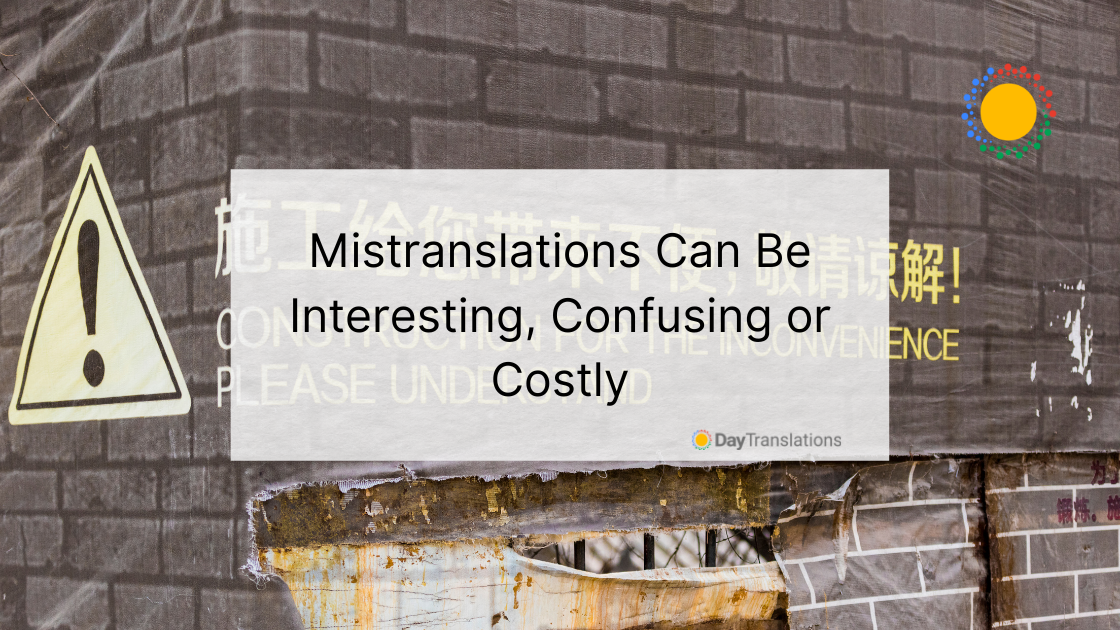
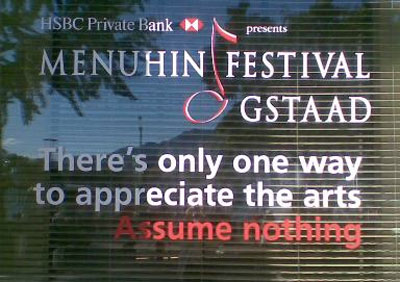
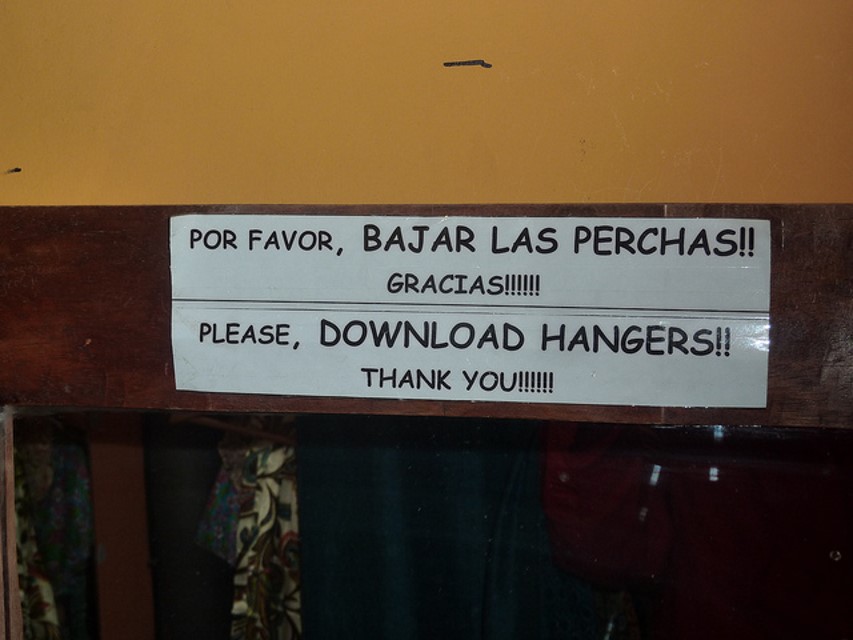
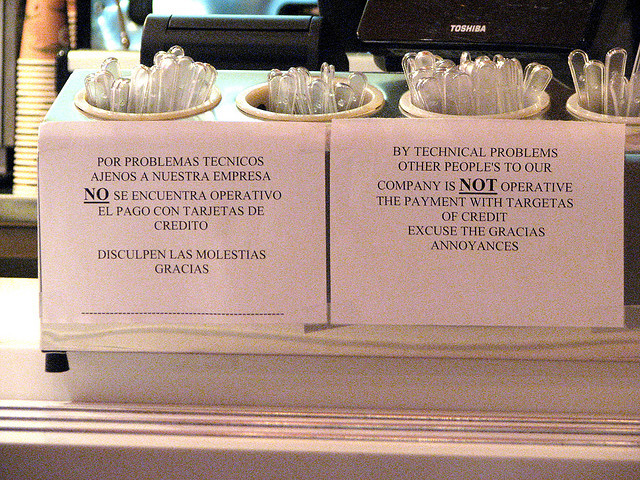
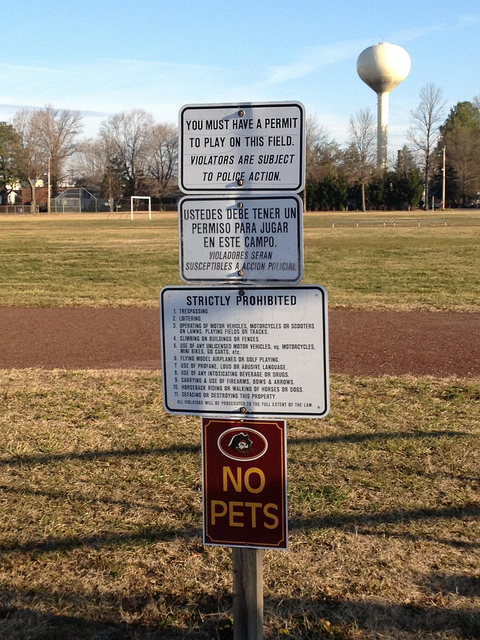

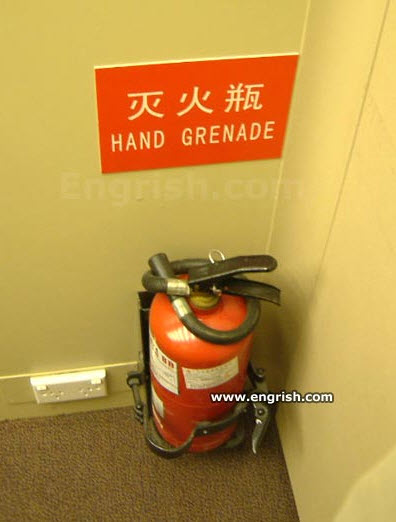
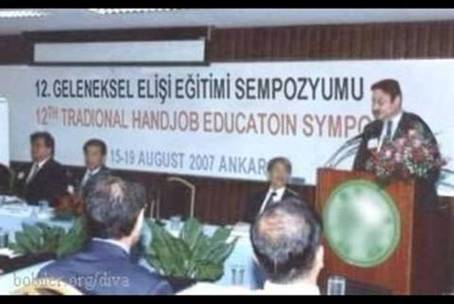
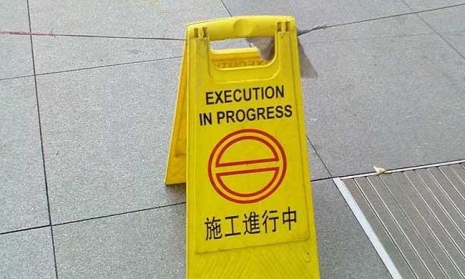



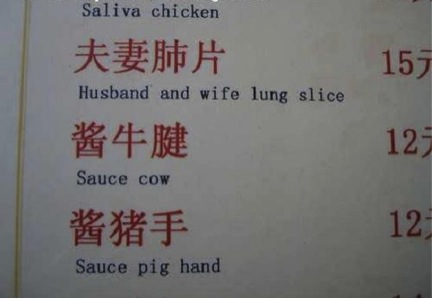












Sorry, the comment form is closed at this time.